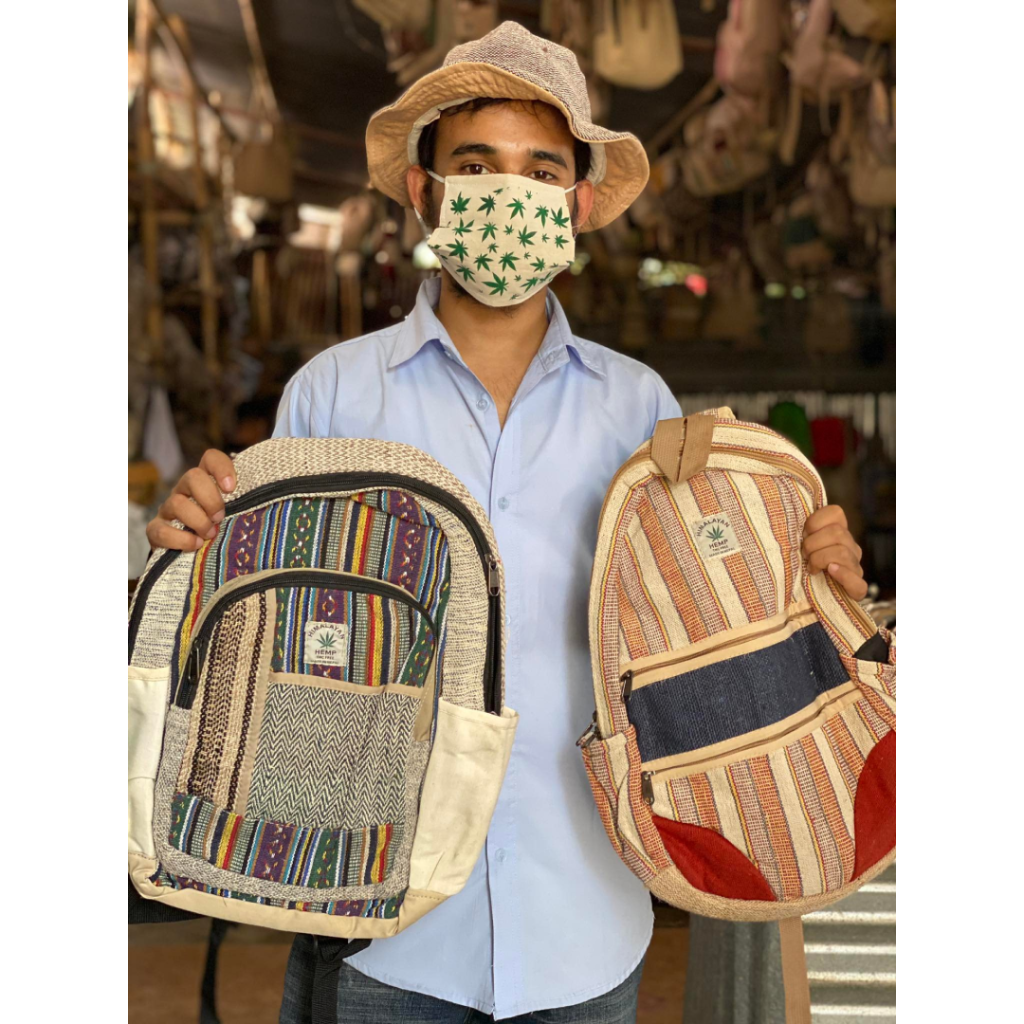
Nepal, a nation stored in the Himalayas, is recognized for its breathtaking scenery and fascinating culture. Nepal has also expanded its importance as a source of goods for major international brands and businesses in current history. Due to the richness of natural resources and the professional level of employment in Nepal, sourcing is the greatest priority. Yet, Nepal has its own unique set of difficulties, just like any other site for sourcing.
There is a serious problem with sourcing in Nepal that needs to be solved. For Nepal’s economy to expand and for it to be able to compete in the world market, it is necessary to overcome these sourcing problems. By creating job opportunities and conserving traditional craftsmanship, sourcing from Nepal helps local communities in addition to businesses. Also, buying ethically made products from Nepal may support eco-friendly techniques that save the environment and ensure employees receive fair salaries.
We’ll talk about some of the typical sourcing difficulties in Nepal in this blog post, along with solutions.
1. Low manufacturing capacity: Due to capacity issues, Nepal’s industrial sector is comparatively small. For businesses and consumers wishing to place bulk deals, these suggest that companies may be unable to create vast quantities of goods. Working closely with suppliers to appreciate their manufacturing capability and properly organize orders will help you overcome this obstacle. Having several suppliers is advantageous in case one is unable to fulfill the desired manufacturing capacity.

2. Infrastructure issues: Compared to other sourcing areas within the region, Nepal’s infrastructure appears to be less advanced. Transporting goods from factories to ports or airports for export may become challenging as a result. Working with logistical suppliers who are acquainted with managing the country’s infrastructure issues is necessary to overcome this barrier. Depending on where it is being shipped and the urgency of the consignment, it may also be beneficial to take into consideration alternate shipping methods like air cargo or freight.
3. Issues with compliance: Compared to other sourcing locations, Nepal’s labor rules and regulations are less clearly defined. It may be difficult to guarantee commitment to other norms and labor standards as a result. Working with suppliers with a deep commitment to decent labor standards and societal responsibility is crucial to overcome this difficulty. Brands and retailers should also think about cooperating with businesses that are experts in inspecting manufacturers and checking for respect to labor laws.
4. Communication barriers: Nepal is a multicultural nation with a wide range of linguistic and cultural traditions. More than 123 different languages are spoken in this country, which has a varied cultural population. Understanding the cultural complexities of Nepal is crucial while negotiating deals there because they can make communication more difficult, especially for brands and retailers who are unfamiliar with the regional languages and traditions.
Working with vendors that are fluent in English and informed about the customs of the region is crucial for overcoming this difficulty. Having local partners or agents who can aid with interaction and cultural understanding may also be advantageous. Indirect language and nonverbal clues may be utilized more frequently than direct communication techniques, hence it is crucial to be aware of styles of communication. For instance, nodding one’s head indicates acknowledgment or appreciation instead of approval here all times.
5. Issues with quality control: Since Nepal’s manufacturing sector is still growing, some factories may struggle with quality control. Businesses face the possibility of tarnishing their reputations, losing clients, etc. when they don’t adhere to industry guidelines and requirements. A quality assurance control process that includes pre-production, in-line, and final random examinations must be in place to fulfill this requirement.

Additionally, organizations may involve greater expenditures as a result of non-compliance with quality control methods. During manufacturing or post-production, inefficient processes could demand more time and money from the user. Businesses must emphasize establishing suitable quality control procedures that adhere to industry norms and laws. Failing to do so might harm the business and have a bad effect on its finances and reputation.
In conclusion, sourcing goods from Nepal offers businesses a fantastic opportunity to not only buy high-quality goods but also to support local people and spread the word about moral and sustainable business practices. Working closely with suppliers, logisticians, and local partners or agents who comprehend the complex cultural dynamics of the area will help businesses overcome obstacles like low manufacturing capacity, infrastructure problems, compliance issues, communication barriers, and quality control issues.
Businesses may ensure they maintain a good reputation and financial stability while having a positive impact on the economy and environment of Nepal by adopting appropriate quality control methods that follow industry norms and legislation. It’s critical to appreciate Nepal’s significance and potential as a sourcing location and to embrace the opportunities it presents.
